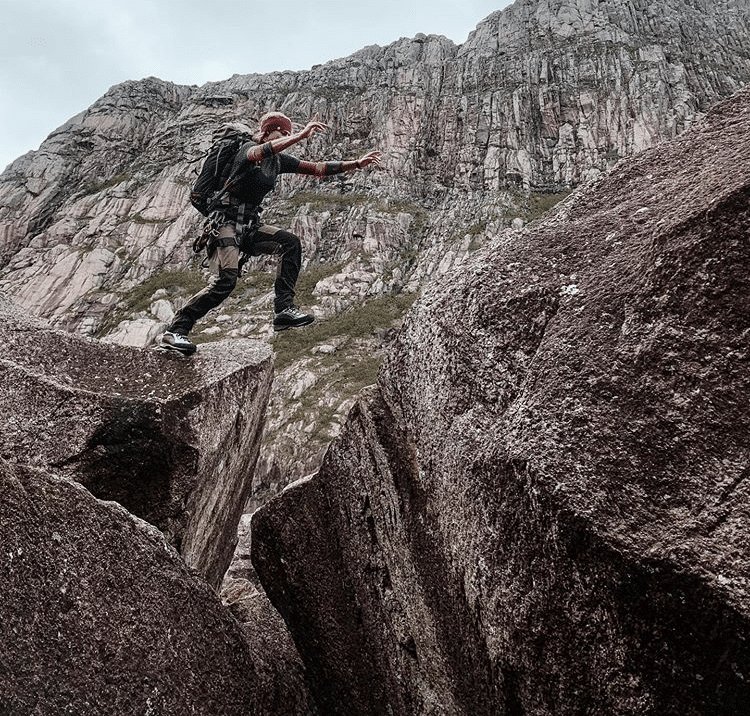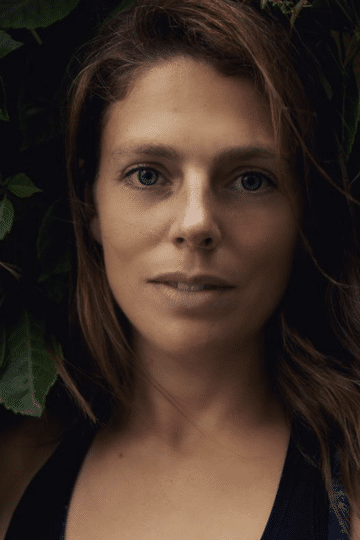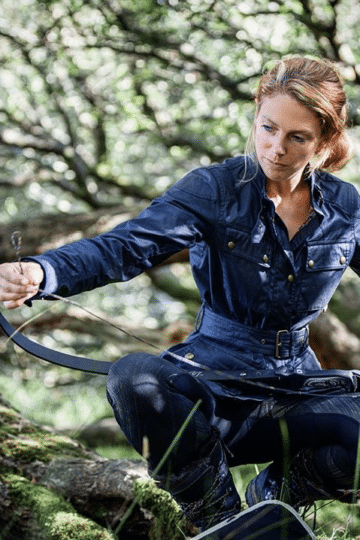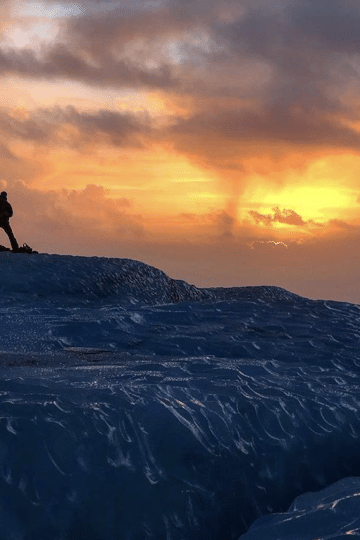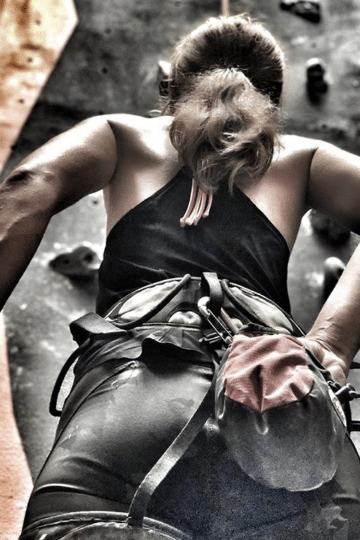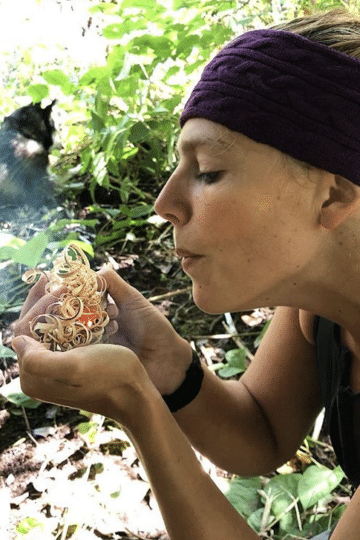The Importance of Wilderness Therapy
Megan Hine
In part two of her look at how to deal with stress in the modern world, Megan Hine looks at the ways nature can be beneficial to us all.
In the last article, we looked at the science behind stress and how the stress response is an incredibly clever survival mechanism that readies us to fight or flee danger. How it is a response so quick that our conscious mind is not aware of it happening, triggered when the mind perceives itself and the body to be under threat.
Although incredible, it has its weakness in the way it struggles to differentiate between real vs perceived threat. The way we live now, constantly bombarded by scenarios and stimuli which have the potential to overload the system, can lead to chronic stress related issues. If we’re not careful this can knock the delicately balanced and sensitive chemical and biological systems of the body out of whack. From triggering autoimmune diseases and creating ongoing stomach issues, to anxiety and severe depression, stress has a lot to answer for.
Over the years when guiding in wilderness areas, I have seen the therapeutic benefits and the reduction of the symptoms of anxiety and stress far too many times for this to be a coincidence. Here are some of the key ways which spending more time outside in nature is beneficial for all of us. Over the coming weeks we will explore each in more depth, showing why and how they affect us.
Sleep
Science tells us we require on average 8 hours of sleep a night. With the world now so connected, you are quite possibly juggling clients across the globe on different time zones. And with electricity generating light, Netflix and games like Fortnite, designed to keep us hooked, playing and watching, it is no wonder our sleep habits are so far removed from our ancestors, sending our Circadian rhythms out of sync.
The Circadian rhythms in humans are our cycles of regulation within the body over a 24-hour period; they include hormone production, cell regeneration and set our sleeping and feeding patterns amongst other things. Light plays a large part in regulating these. If we are not getting the right light at the ‘right’ times of day, our rhythm becomes confused about when it should be awake or asleep and the important processes can’t occur as efficiently as they should.
It has been proven that a weekend camping can be enough to reset these rhythms. Even short periods of time spent outside in natural light each day, a walk thourgh the park in your lunch break for example, can help the bodies systems regenerate, healing and soothing inflammation.
Creativity
Our ability to problem solve and imagine things that don’t yet exist has allowed us to leap up the food chain and build the world we inhabit today. To our ancestors, creativity was part of everyday life. The ability for a tribe to grasp abstract concepts, for example, such as a hunting scout returning and telling of a herd of mammoth to the north. The ability to understand those animals exist somewhere outside of immediate eyeshot takes creativity and imagination. This is also evident in both our ancestors and in modern day man’s ability to craft tools from the natural world. How mad is it that our computers’ memory chip is essentially sand!?!
As we bounce from meeting to meeting, to school runs to social events, there is not much space for creativity. The more stressed we become, the less inclined to feel creative we are. Disconnecting from the modern world and stepping back into nature, going for a walk in the woods, or rock climbing in Snowdonia at the weekend, has the ability to put things happening in our lives into perspective and give us space to tap back into the creative being inside. This has the knock-on effect of us being able to then think outside the box and solve everyday issues which have been bothering us, leaving us calmer and more in control.
Communication
For incredibly vocal animals which never shut up, why are we so bad at talking about what actually bothers us?
The ability to communicate is an essential skill for the survival of all animals. Individuals who develop good communication skills as children have been proven more able to interact with the world around them. The changing nature of the outdoor environment gives a rich context for exploration and vocabulary development, the freedom and creativity of outdoor play also allows children to practice skills as they navigate the natural world.
Somewhere in our early to mid-teens we start bottling up our emotions and our feelings become taboo. If you are currently struggling or are overwhelmed, invite a friend or loved one for a walk – there is a freedom in this similar to outdoor play as a child which makes it easier to discuss how we are feeling.
Connection
We can argue that we as humans have never been more connected to others. At the swipe of a finger we are connected to the entire world. I have no doubt of the benefits of social media in terms of ‘finding your tribe’ – others who may be going through the same turmoil as yourself or those who inspire you into action. We are physical beings however, and meaningful connections are an important part of maintaining a healthy psyche. As adults, it is easy to build a wall around our hearts after working through trauma, challenges and heartbreaks; an inevitable part of life. To create solid connections with others we need to break these walls down and expose our vulnerability and build trust. The outdoors offers a space to do this. To share experiences, to push our physical and mental limits and showcase our strengths and weaknesses, forging connections with those we share these experiences with.
Unfortunately, we don’t all have the wilds on our doorstep but here is a quick and easy calming technique I use myself when I am feeling overwhelmed.
Find somewhere outdoors to sit, sit up straight and close your eyes, take some deep breaths into your stomach. As you release each one, feel your body relax. When you feel your body starting to relax, breathe normally but keeping your eyes shut start using your senses, listen. What can you hear around you? Open your eyes, what can you see? Look at the leaves on the trees, look at the way the light plays on them and the wind moves them. This will help calm you and encourage the mind to be present.
Although I am a true believer that spending time outside in nature reduces stress and anxiety, if the symptoms are affecting your life please reach out to your doctor or healthcare provider. There are many reasons we feel stressed, anxious and depressed and we shouldn’t suffer alone. It may actually be something as simply treated as a vitamin deficiency causing the symptoms.
If you are experiencing overwhelming feelings of depression and hopelessness please reach out to a mental health charity such as CALM or Samaritans,

Trending

Join The Book of Man
Sign up to our daily newsletters to join the frontline of the revolution in masculinity.









